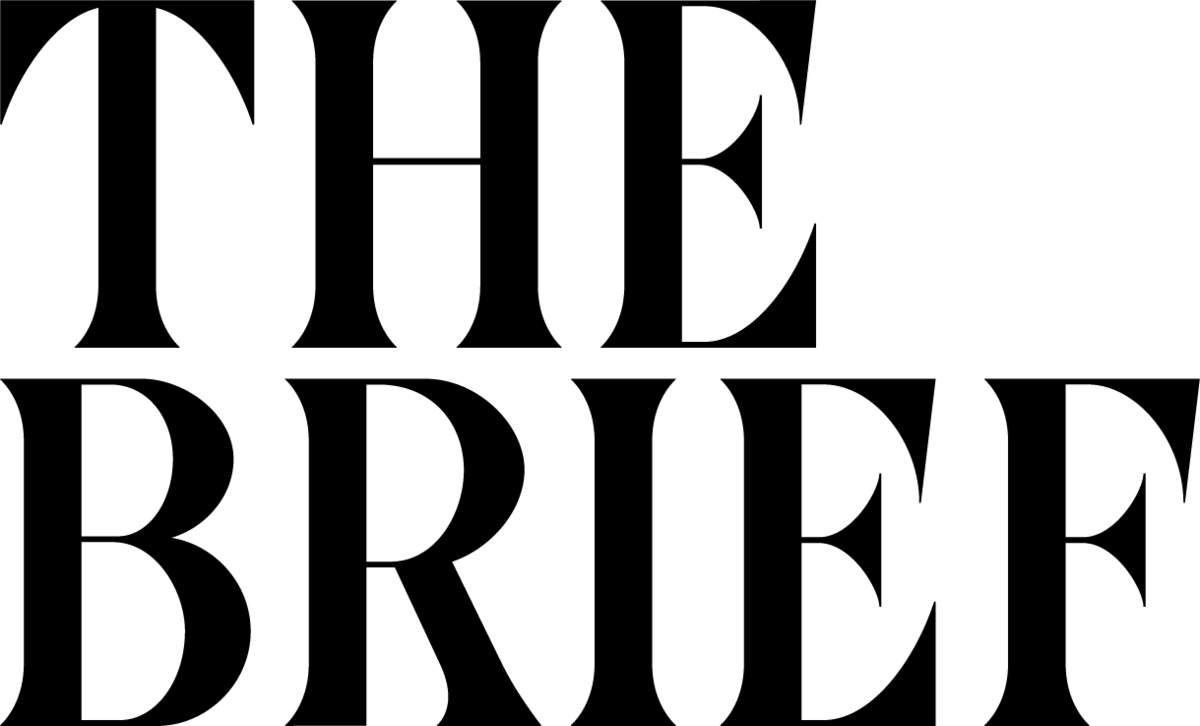
On today’s agenda - the no good, very bad interview (and how to handle it). For those of you that are new here, this is The Colab Brief - a weekly newsletter covering all things comms. If you have any questions, comments, or suggestions, reach out.
Read Time: 2 mins
Over the last few weeks, we’ve talked about how not all press is good press, and how to evaluate and determine if a media opportunity is right for you. And if you follow those steps, you’re going to get it right - 99% of the time.
😑
Sometimes, albeit rare, no matter how much due diligence and preparation you do, an interview doesn’t turn out the way you planned.
Whether we like it or not, we’re speaking from experience.
A couple of months ago, we had a product announcement from a client. Product announcements, in and of themselves, are not news (this doesn’t mean you can’t get coverage from product announcements, but that’s a different newsletter). But we pitched it out anyways to see if we could get any trade bites.
To our great surprise, a top-tier publication responded. We won’t say their name here, but it rhymes with DeckBunch.
We couldn’t believe it 🤯
Over the course of more than a dozen emails and two weeks, we went back and forth with the reporter to lock in the interview.
Everything was going perfectly. That is, until the reporter got on the Zoom.
What transpired over the next 30 minutes was disappointing at best and excruciating at worst.
The reporter joined the call, completely confused about the topic. He acted as though he’d had no prior information about the company or product offering. And despite the client’s best attempts to detail the news and walk through a product demo, the reporter abruptly cut them off and ended the call.
This was an interview the entire team had prepared for. They had created an entirely new deck to present. It was their first time getting a seat with DeckPunch, and they’d even pulled in the global CEO to lead the call. Not an ideal situation.
This is just one of a handful of ways interviews can go south. Spokespeople misspeak, writers are dissatisfied, and lines of communication are crossed - it happens all the time.
So what do you do when an interview goes astray?
Secure Collateral Damage. The first thing you want to do is mend the situation with the reporter. It doesn’t matter where the miscommunication happened, the only way to make the situation worse is for the reporter to write something negative about the experience. Take your ego out of it and fall on the sword. Journalist relationships are too important for pride.
Mend the Home Front. Next, clear things up with the executive leaders. If possible, detail what happened and walk the team through the missteps. Transparently talk through the next steps and learnings.
Onward and Upward. Finally, rework the pitch, build out your list, and hit the pavement with hyper-customized outreach. The only thing that could make this feel better is a hit of equal or higher caliber.
This type of thing doesn’t happen often. But when it does, it stings. The most important things to do are to pacify all parties involved immediately, put a plan of action in place, and move forward.

Like The Colab Brief?
